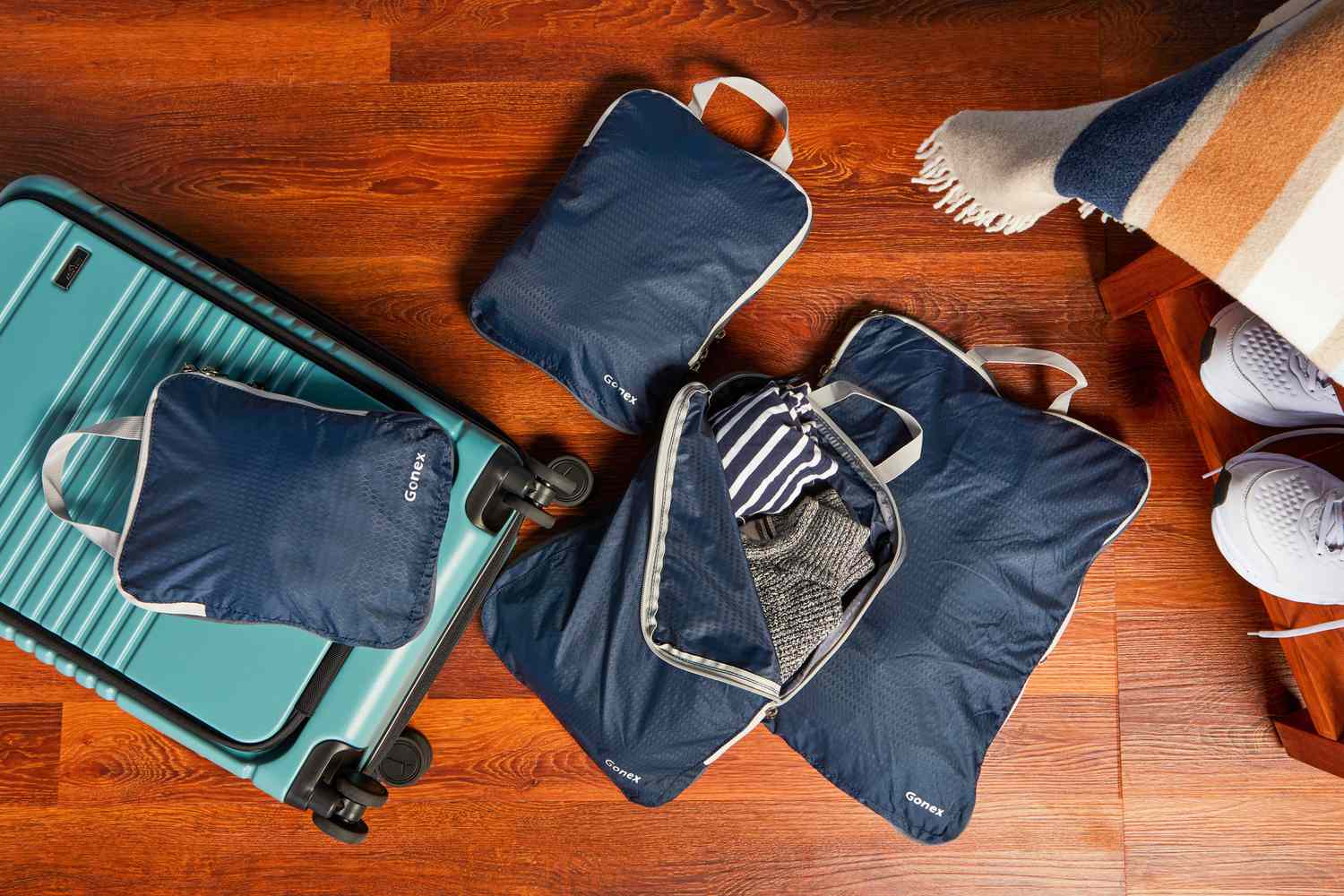vacationhavenhome.com – When traveling, no one expects to face unexpected accidents or health issues, but being prepared can make all the difference. A First Aid Kit is a must-have accessory that ensures you’re ready for minor injuries, illnesses, or medical emergencies while on the go. Whether you’re hiking in the mountains, exploring a new city, or lounging on a beach, having a well-stocked first aid kit can provide peace of mind. Here’s why it’s an essential part of your travel gear, and what should be included in your kit.
Why You Need a First Aid Kit While Traveling
Traveling often means navigating unfamiliar environments, and things don’t always go as planned. Injuries can happen anywhere—from minor cuts and bruises to more serious issues like insect bites or allergic reactions. A first aid kit is a proactive way to ensure you can handle such situations without stress. Here’s why it’s important:
- Immediate Care: Helps manage minor injuries before professional medical help is available.
- Convenience: Save time and money by dealing with simple health issues on your own, rather than needing to find a pharmacy or clinic.
- Peace of Mind: Knowing you’re prepared for any situation can ease anxiety and allow you to enjoy your travels more fully.
- Travel Safety: Essential for adventures in remote areas or countries where medical services might not be readily available.
What to Include in Your Travel First Aid Kit
A well-equipped first aid kit doesn’t have to be bulky or over-packed, but it should contain essential items to deal with common travel injuries or health problems. Here’s a comprehensive list of must-have items:
1. Adhesive Bandages (Various Sizes)
- Purpose: For cuts, blisters, or small abrasions.
- Why Important: Bandages are essential for preventing infection and covering wounds. Variety in sizes ensures you can cover all types of injuries.
2. Sterile Gauze Pads & Medical Tape
- Purpose: For larger wounds that need to be covered.
- Why Important: In the case of cuts or burns, sterile gauze and tape help keep the wound clean and promote healing.
3. Antiseptic Wipes or Antibacterial Ointment
- Purpose: To clean wounds and prevent infection.
- Why Important: Maintaining cleanliness is crucial for wound care, and antiseptics ensure you’re not introducing bacteria into the injury.
4. Pain Relievers (Ibuprofen, Acetaminophen, or Aspirin)
- Purpose: To alleviate pain, reduce inflammation, or lower fever.
- Why Important: Whether you have a headache, muscle pain from travel, or a mild fever, pain relievers are essential.
5. Tweezers
- Purpose: To remove splinters, ticks, or foreign objects from the skin.
- Why Important: Tweezers are small and lightweight but very useful for minor irritations or injuries.
6. Antihistamine (for Allergies)
- Purpose: To relieve symptoms of allergies, such as rashes, itching, or swelling.
- Why Important: Travel often exposes you to new allergens (foods, insect bites, pollen), and antihistamines can provide immediate relief from allergic reactions.
7. Insect Repellent & Bite Relief Cream
- Purpose: To prevent insect bites and treat itching from bites or stings.
- Why Important: Mosquitoes and other insects can be a nuisance, especially in tropical or outdoor environments. A repellent can help prevent bites, while relief creams can soothe irritation.
8. Instant Cold Pack
- Purpose: To reduce swelling or numb pain from sprains, strains, or bruises.
- Why Important: If you injure yourself or suffer from swelling, a cold pack can help relieve the discomfort.
9. Thermometer
- Purpose: To check if you have a fever, which could indicate an infection or illness.
- Why Important: A quick check can give you a better understanding of your condition, especially if you’re feeling unwell in a foreign country.
10. Scissors (Small, Medical-Grade)
- Purpose: For cutting gauze, tape, or clothing in case of an injury.
- Why Important: Small medical scissors are essential for quickly handling bandages or other materials when needed.
11. Motion Sickness Tablets
- Purpose: To prevent or treat nausea caused by motion sickness.
- Why Important: Long car rides, boat trips, or flights can sometimes cause discomfort, and motion sickness tablets can help you feel more comfortable.
12. Adhesive Dressings (For Large Wounds)
- Purpose: To cover larger cuts or abrasions that may need more support than a basic bandage.
- Why Important: Larger injuries require more substantial protection to prevent infection and aid healing.
13. Burn Cream or Gel
- Purpose: To treat burns or sunburns.
- Why Important: Whether it’s a kitchen accident or prolonged sun exposure, burn creams can help soothe and promote recovery.
14. Disposable Gloves
- Purpose: To avoid direct contact with bodily fluids when treating an injury.
- Why Important: Helps maintain hygiene, especially when treating open wounds or assisting others with injuries.
15. A Copy of Your Prescription Medications
- Purpose: To carry essential medications like those for chronic conditions (e.g., asthma inhalers, diabetes supplies, etc.).
- Why Important: If you’re traveling internationally or to remote areas, having extra medications and prescriptions can be a lifesaver.
16. Travel-Size First Aid Manual
- Purpose: To offer guidance on how to treat various injuries and illnesses.
- Why Important: A small guide can be helpful in case you’re unsure of what to do in a medical situation, especially when professional help is far away.
How to Pack and Store Your First Aid Kit
- Compact Case: Choose a compact, waterproof case that keeps everything organized and accessible. A durable, zippered pouch works best.
- Clear Labeling: Label the contents for quick access. You can also color-code items (e.g., bandages in red, medications in blue).
- Check Expiry Dates: Regularly check your first aid supplies to ensure nothing has expired, particularly medications and ointments.
- Travel-Sized Items: Use travel-sized containers for items like ointments or lotions to save space and comply with airline liquid regulations.
Conclusion: Be Prepared for the Unexpected
While travel is exciting, it can come with unexpected bumps along the way. A first aid kit is one of the most important and practical accessories you can bring on any trip. Whether you’re dealing with a scraped knee after a hiking accident, a mild allergic reaction, or simply a headache from jet lag, having a first aid kit can help you manage small emergencies efficiently.
A well-stocked first aid kit will not only help you feel prepared for the unexpected but also give you the confidence to enjoy your adventures knowing you can take care of yourself and your loved ones. So, before your next trip, be sure to pack a first aid kit—it could make all the difference.





